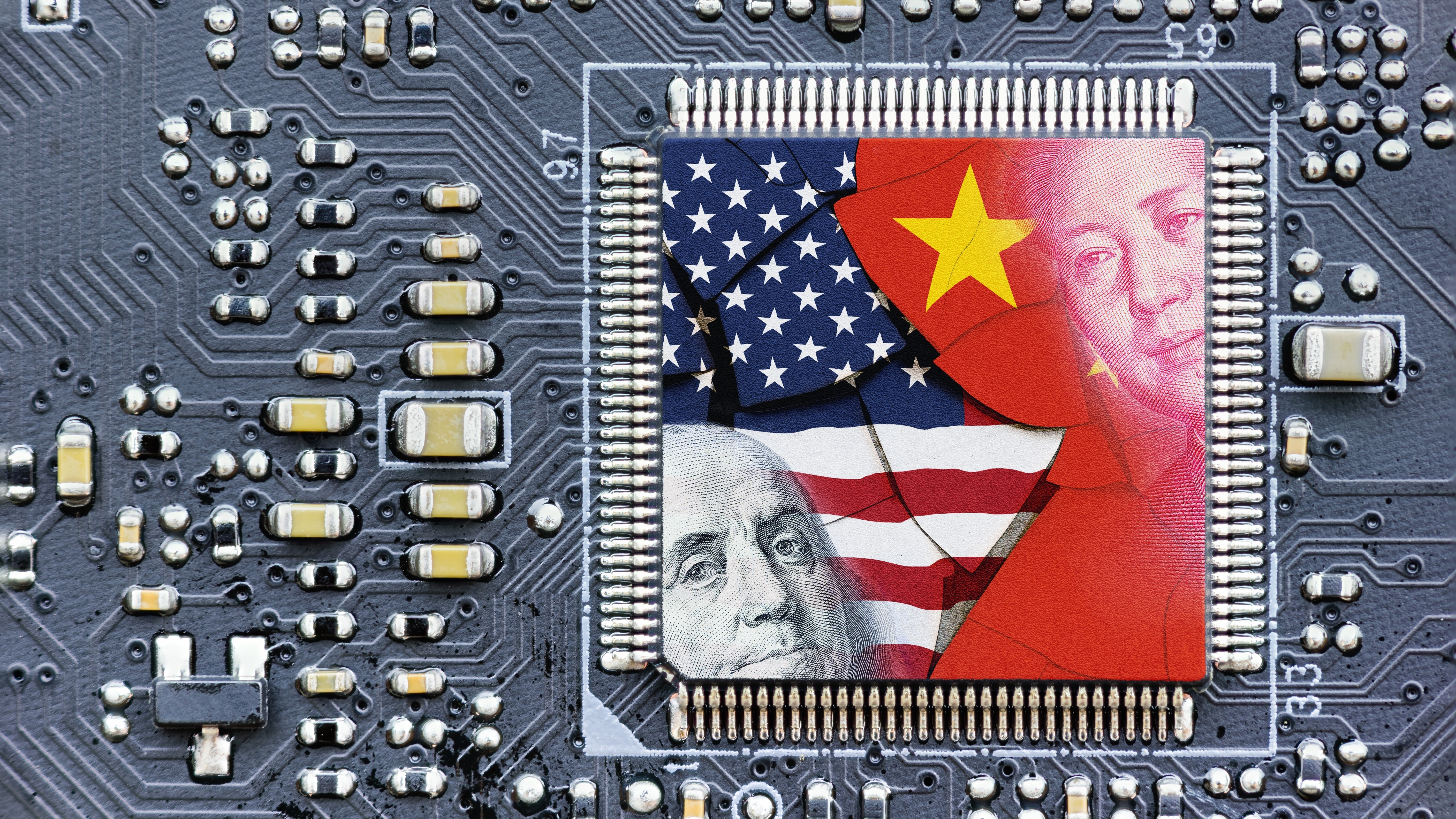
U.S. President Joe Biden has announced sweeping tariff increases across several Chinese imports, notably semiconductors, electric vehicles, batteries and battery components, solar cells and many components that make up our tech. According to a White House press release, tariffs on Chinese semiconductors will increase from 25% to 50% in 2025, effectively doubling its tax rate.
The semiconductor industry is seen as critical for any modern society to function, with appliances as simple as microwaves to advanced autonomous military drones and everything in between requiring them. The U.S. also sees it as a strategic resource: U.S. Commerce Secretary Gina Raimondo told the U.S. Congress that a Chinese seizure of TSMC, the largest semiconductor manufacturer globally and supplier of 92% of the chips in the United States, would devastate the U.S. economy.
The U.S. is making moves to bring itself back to the forefront of semiconductor technology. It passed the CHIPS Act in 2022, which allocates $280 billion to spur the growth of American semiconductor companies like Intel and to entice international companies like TSMC to set up shop in the U.S. Raimondo is even calling for a second round of investments to help keep America in the lead, especially as China combats U.S. sanctions by massively increasing its legacy chip production.
America’s move to block technology transfers to Chinese tech firms has also pushed the latter to develop homegrown alternatives. For example, the Netherlands prevented ASML from exporting its advanced lithography equipment to China, technology that is used to create high-tech chips. Chinese President Xi Jinping then told the Dutch Prime Minister that China did not need ASML for its technological progress. Soon after, Chinese firm Naura Technology announced that it was jumping into the lithography tools market, alongside Shanghai Micro Electronics Equipment Group (SMEE).
China will not take these new tariffs lying down, especially as it contends against the U.S. for global power. Liu Pengyu, a spokesperson for the Chinese Embassy in Washington, said, “We hope the U.S. can take a positive view of China’s development and stop using overcapacity as an excuse for trade protectionism.” While China has yet to respond to these new tariffs, Liu noted that China is a huge export market for American soybeans — and Tesla sold hundreds of thousands of cars there in 2023.
Although most trade and labor leaders, and many Democrats in the Senate and Lower Houses, praised Biden’s move, there were a few objections. David French, the executive VP for government relations for the National Retail Federation, said, “As consumers continue to battle inflation, the last thing the administration should be doing is placing additional taxes on imported products that will be paid by U.S. importers and eventually U.S. consumers.”
Colorado’s Democrat Governor Jared Polis also tweeted on X, “This is horrible news for American consumers and a major setback for clean energy. Tariffs are a direct, regressive tax on Americans and this tax increase will hit every family.” On the other hand, the Republican National Committee is saying that Biden isn’t tough enough on China, and that his announcement is just “a last-minute election year ploy to gaslight voters into thinking he is tough on China.”
Whether this move is based on policy or a political act to gain votes for Biden in the upcoming U.S. presidential election, the new tariffs will increase the prices of semiconductors and several other high-tech goods across the board. This is just the latest move in the on-going trade war between both countries, especially as the U.S. has a trade deficit with China amounting to over $250 billion.
We have yet to see how this trade war will affect American technology, but China has taken leaps and bounds in developing its own tech. Despite the numerous sanctions that prevent Chinese companies from acquiring technology from the U.S. and its allies, the Chinese government is continually pushing for developments in this space that could eventually make it a leader — with or without the input of American tech.







